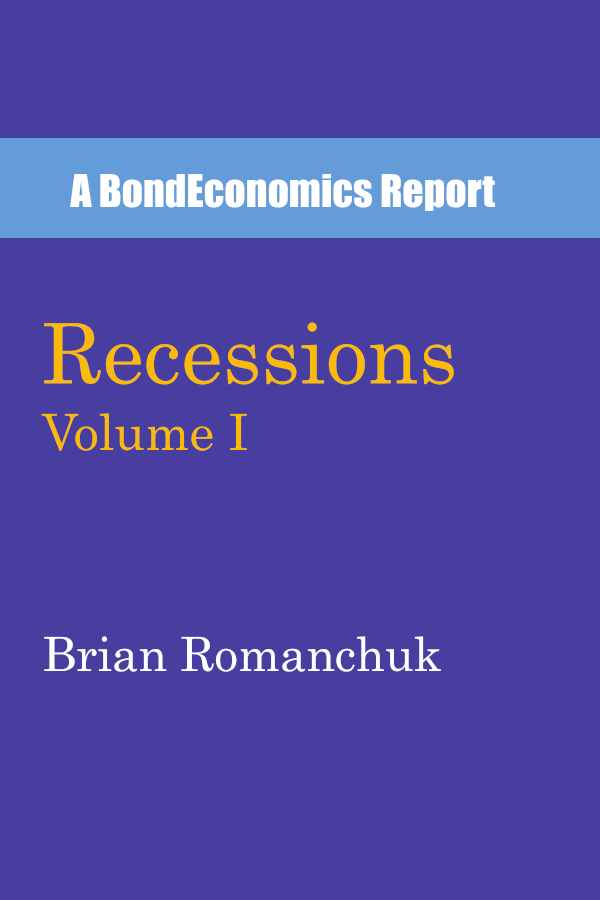Canada Recession Watch
I saw a comment by former Bank of Canada Governor Stephen Poloz that suggested that only population growth is keeping Canada from slipping into an “official” recession. (In the United States, the NBER is the standard recession-dating source, in Canada, the C.D. Howe institute aims to replicate that role.)
If we want to do something like the Sahm Rule, the recent rise in the unemployment rate (figure above) would be enough to get one’s recession calling trigger typing fingers twitching. It should be noted that the unemployment rate is scaled by the population, hence is a per capita data series.
When it comes to recessions, I am labour market-centric. Although I would be willing to concede that a rise in the unemployment rate might be enough to call a recession event, there is a consensus that something else needs to happening in the economy. Rather than a gradual slowing of the economy, there needs to be some kind of a shock. (My book Recessions: Volume I discusses the recession definitions in Section 1.2.) Although the rise in the unemployment rate does follow a steep slope, it still falls shorts of the vertical lines seen in earlier recessions.
I will need to dig deeper into Canadian data — my anecdotal experience appears to be quite useless, as my locale is seeing a decent amount of economic activity. It seems safe to say that Canada has been seeing sectoral/regional slowdowns, which is not enough to call an economy-wide recession. (If a slowdown somewhere was enough to call a recession, the 1980s with its “rolling recessions” would be one giant recession bar on charts.)
If we take a longer view of the unemployment rate, it is not much higher than the lows that were seen at the end of previous expansions. The post-pandemic period saw an overshoot of activity that was clearly was hitting inflation constraints, and so the inflation hawks are going to be happy to see the unemployment rate back off. I think that the NAIRU concept is useless as a quantitative tool, but one can tell a qualitative story about the labour market overheating and cooling off. That said, I doubt that any non-violent moves in the unemployment rate are going to have much of an impact on inflation.
Unfortunately for me, Statistics Canada monkeyed around with their website, slowing my ability to browse data. I have my doubts that I will do anything other than follow the trend, but we are in an interesting situation from a business cycle watching perspective. The current situation appears unsustainable: either the rise in the unemployment rate rise tapers off and the economy reverts to muddling through, or we are going to have to throw in the towel and declare a recession.



"Something else needs to happen..." No kidding. They'd have to turn off the automatic stabilizers. That is, go full austerity mode. Basically, Accelerationist.
You know, these days, part of me (the masochistic streak) hopes they will. The slower pain of mass impoverishment without total economic collapse due to prevailing neoliberalism propping up the rentier economy is just too cruel. All bond traders are part of that cruelty btw.